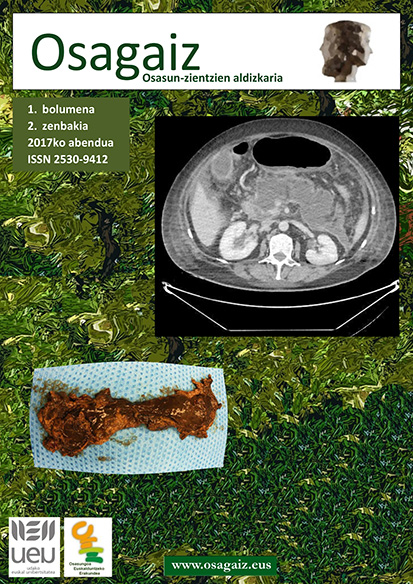Abstract
Attention deficit hyperactivity disorder (ADHD) in children is a widespread problem in contemporary society. Its association with tobacco consumption during pregnancy has been extensively studied, but a causal relation has not been established. The aim of this study was to investigate the correlation between smoking during pregnancy and the incidence of ADHD in subsequently born 4-year olds. Information was obtained from 323 children. The observed prevalence of ADHD was 2.5%. The boys showed a higher risk of having ADHD than the girls and children of parents from lower social classes or who had a low level of education showed an increased risk of developing ADHD. We documented the smoking habits of mothers at week 32 of their pregnancy and recorded the corresponding socioeconomic variables. In addition, cotinine was measured in urine samples. During the 4-year pediatric control visit, the ADHD DMS-IV questionnaire was given to the adult accompanying the child. The DMS-IV grades both attention deficit and hyperactivity-impulsivity on a scale ranging from 0 to 27 points. Due to the asymmetry of the dependent variables, negative binomial regression was carried out for statistical analysis. Children of mothers who smoked during pregnancy or had high urinary cotinine levels (> 100 ng/ml) showed a 17-22% higher risk of having attention deficit (not statistically significant). In contrast, hyperactivity-impulsivity was not associated with maternal smoking during pregnancy. The present study provides evidence for a lack of association between ADHD and smoking during pregnancy. Among the limits of this study are the prevalence of smoking (21% at the beginning of pregnancy and 12% at week 32) and the low number of cigarettes smoked (maximum 12 per day). More research will be needed to verify if more intense smoking habits can influence the prevalence of ADHD.

